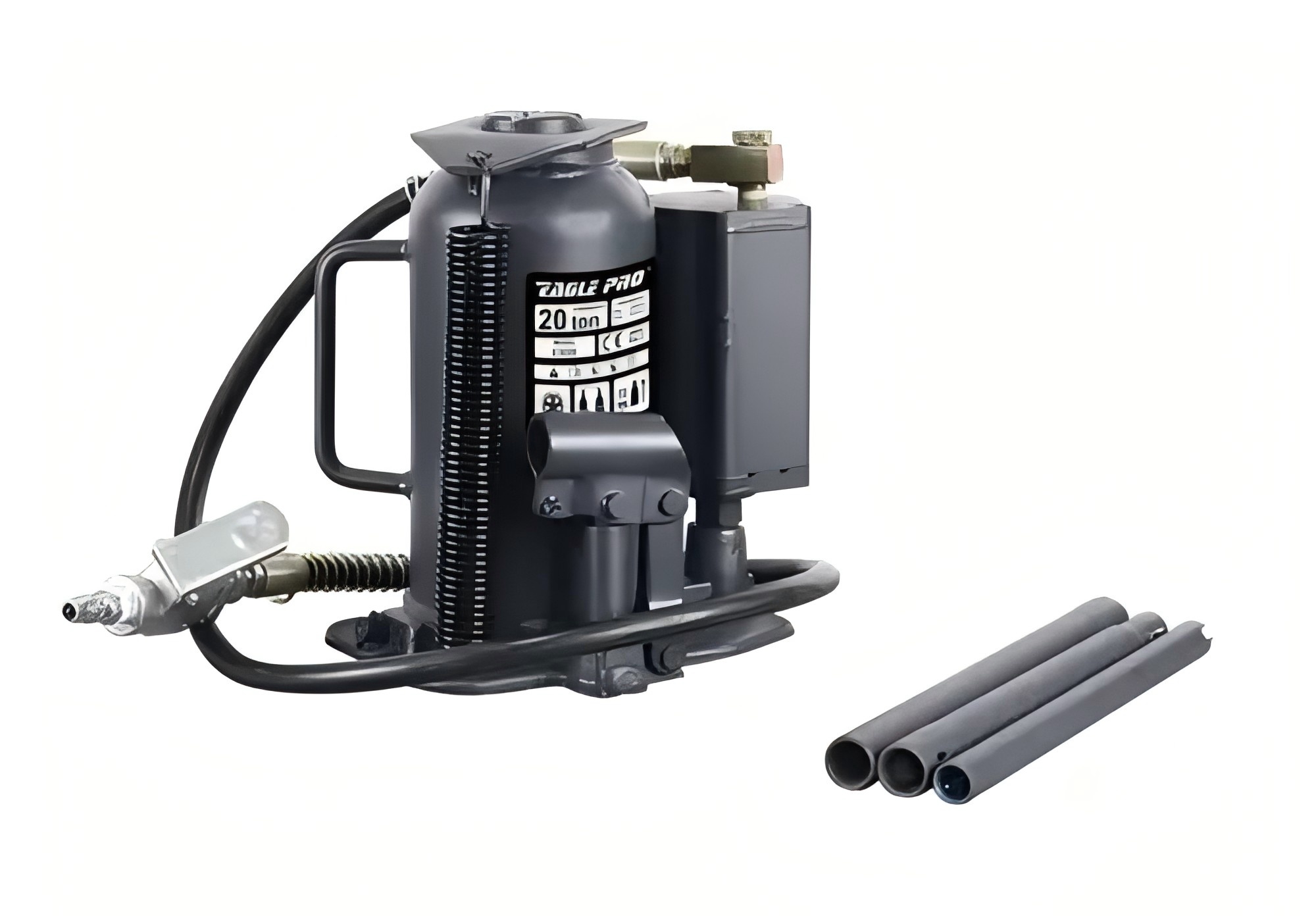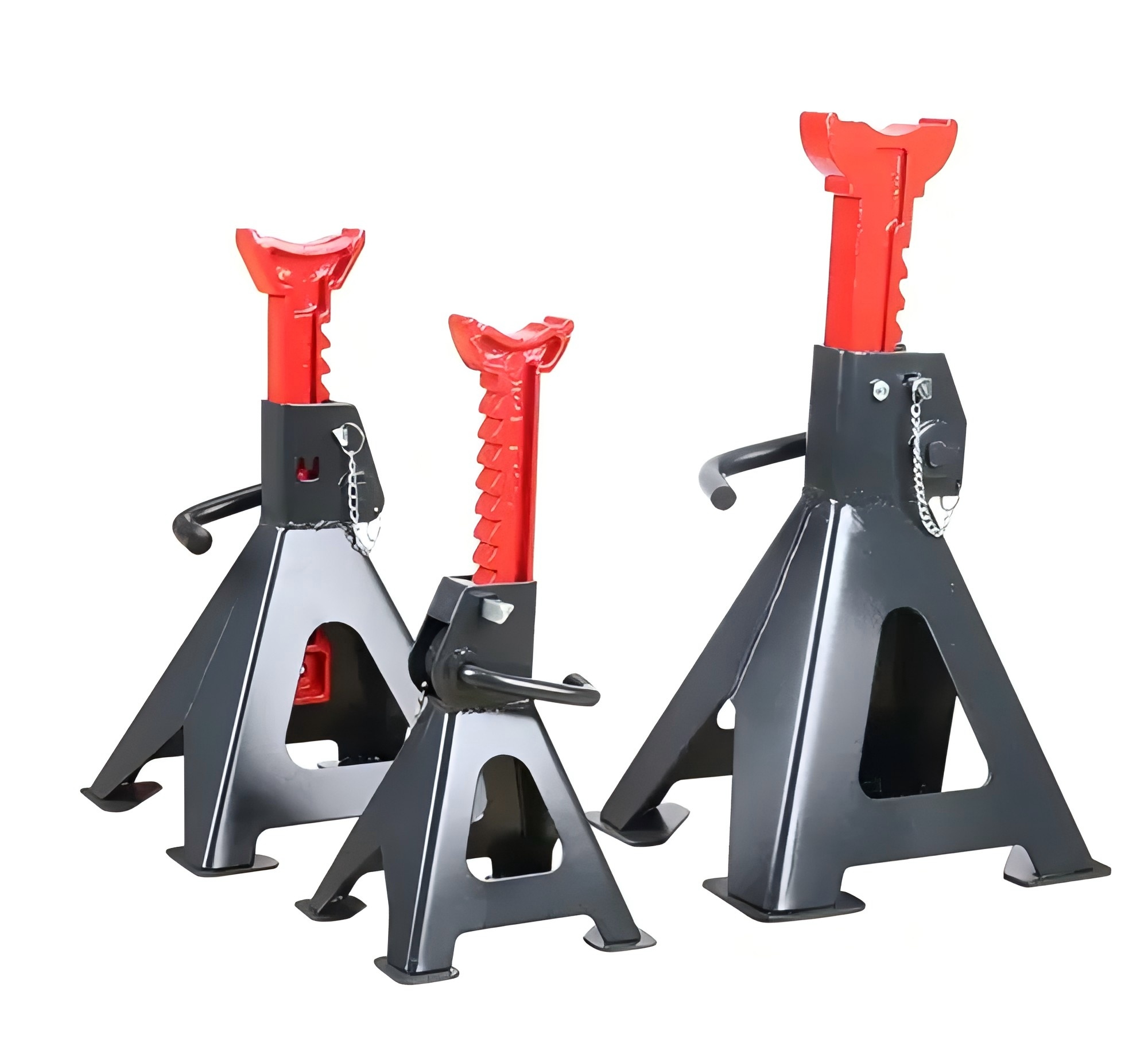Learn About Jacks in Five Minutes: Different Functions and Correct Use Methods
When it comes to automotive maintenance and repair, having the right tools is essential. Among these tools, jacks and jack stands play a crucial role in ensuring safety and efficiency. In this article, we will explore the different types of jacks, their functions, and the correct methods for using high-rated jack stands. By the end, you’ll have a solid understanding of how to safely lift your vehicle and perform necessary maintenance tasks.
Understanding Jacks
What is Jack?
Jack is a mechanical device used to lift heavy objects, most commonly vehicles. Jacks come in various types, each designed for specific applications. The most common types of jacks include:
1. Floor Jacks: These are hydraulic jacks that are commonly used in garages. They have a low profile and can lift vehicles quickly and efficiently.
2. Bottle Jacks: These are compact and portable jacks that use hydraulic pressure to lift heavy loads. They are ideal for tight spaces but may not be as stable as floor jacks.
3. Scissor Jacks: Often included with vehicles as a part of the emergency kit, scissor jacks are manually operated and are best for changing tires.
4. Electric Jacks: These jacks use electric power to lift vehicles and are particularly useful for those who may have difficulty using manual jacks.

Functions of Jacks
The primary function of a jack is to lift a vehicle off the ground, allowing for maintenance tasks such as tire changes, brake repairs, and oil changes. However, different jacks serve different purposes:
1.Floor Jacks: Ideal for lifting vehicles quickly and providing a stable base for work.
2.Bottle Jacks: Great for lifting heavy loads in tight spaces, but they require a stable surface to operate safely.
3.Scissor Jacks: Best for emergency situations, but they require more effort to operate and may not be as stable as other types.
4.Electric Jacks: Provide convenience and ease of use, especially for those who may struggle with manual lifting.
What are Jack Stands?

Jack stands are safety devices used to support a vehicle after it has been lifted by a jack. They are essential for ensuring that the vehicle remains stable and secure while you work underneath it. High-rated jack stands are designed to hold significant weight and provide a reliable support system.
When selecting jack stands, it’s important to choose high-rated options that can support the weight of your vehicle. Look for stands that have a weight rating higher than your vehicle’s weight. Additionally, consider the following features:
- Material: High-quality steel stands are more durable and stable than aluminum options.
- Base Width: A wider base provides better stability and reduces the risk of tipping.
- Adjustability: Adjustable height allows for versatility in different lifting scenarios.
Correct Use Methods for Jacks and Jack Stands
Step 1: Preparing the Area
Before using a jack, ensure that the area is flat and stable. Remove any obstacles and ensure that the ground is solid. If you’re working on a sloped surface, use wheel chocks to prevent the vehicle from rolling.
Step 2: Lifting the Vehicle
1. Position the Jack: Locate the vehicle’s jacking points, which are usually indicated in the owner’s manual. Position the jack under these points.
2. Pump the Jack: For hydraulic jacks, pump the handle to lift the vehicle. For scissor jacks, turn the handle to raise the vehicle. Monitor the lifting process to ensure stability.
Step 3: Placing Jack Stands
1. Select the Right Height: Once the vehicle is lifted to the desired height, select the appropriate jack stands. Adjust them to the correct height if they are adjustable.
2. Position the Jack Stands: Place the jack stands under the vehicle’s designated support points, ensuring they are stable and secure.
3. Lower the Vehicle onto the Stands: Slowly lower the vehicle by releasing the jack’s pressure. Ensure that the vehicle is resting securely on the jack stands before removing the jack.
Step 4: Performing Maintenance
With the vehicle securely supported by the jack stands, you can now perform the necessary maintenance tasks. Always remember to keep your tools organized and work methodically to ensure safety.
Step 5: Removing the Jack Stands
1. Reposition the Jack: Once you’ve completed your work, reposition the jack under the vehicle’s jacking point.
2. Lift the Vehicle: Carefully lift the vehicle off the jack stands.
3. Remove the Jack Stands: Once the vehicle is elevated, remove the jack stands and ensure they are stored safely.
4. Lower the Vehicle: Slowly lower the vehicle back to the ground and remove the jack.
Post time: Oct-25-2024





